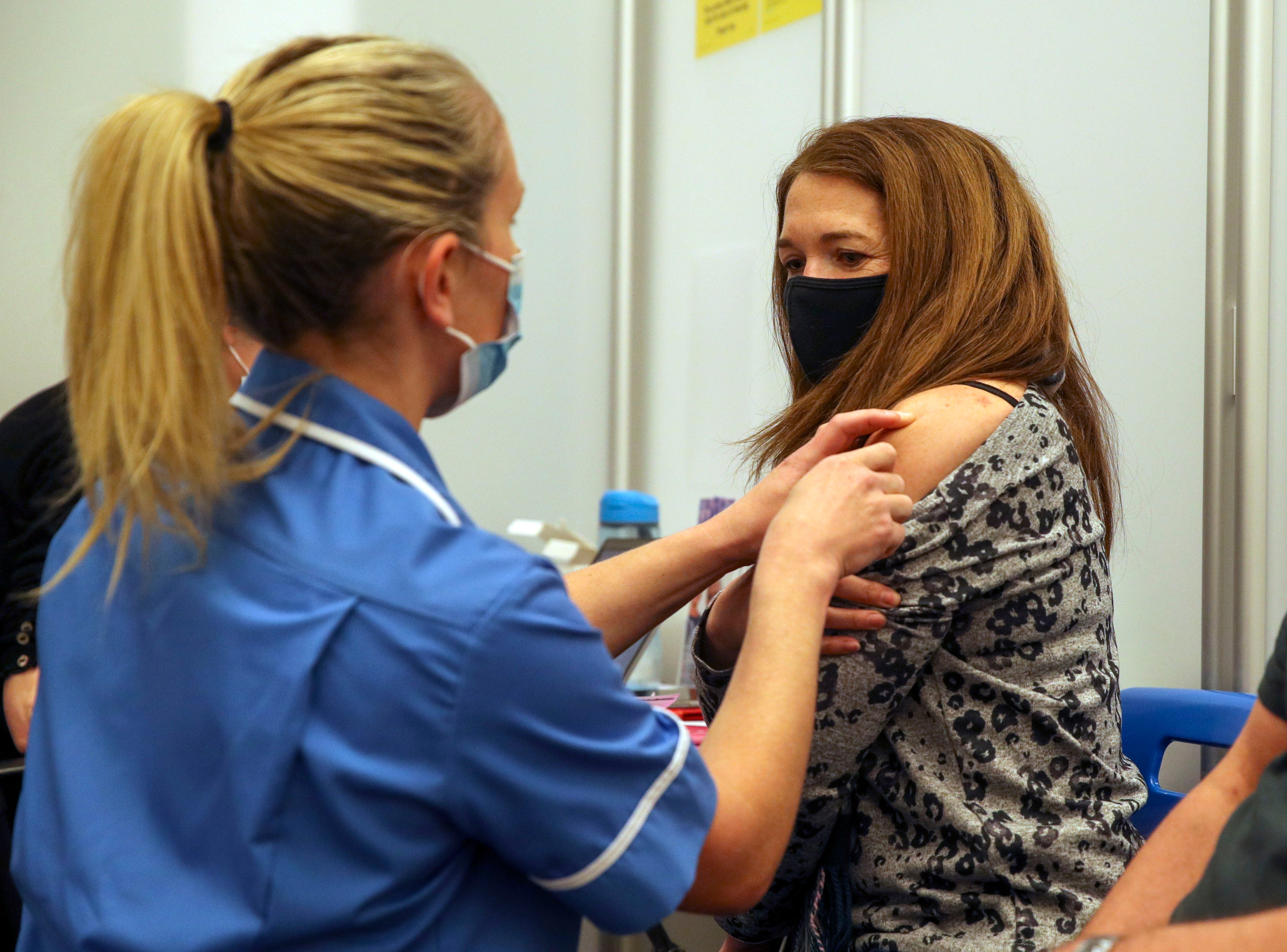Volunteers to be reinfected with Covid-19 to help improve vaccines
New study will examine body’s reponse to second infection and help improve treatments

Your support helps us to tell the story
From reproductive rights to climate change to Big Tech, The Independent is on the ground when the story is developing. Whether it's investigating the financials of Elon Musk's pro-Trump PAC or producing our latest documentary, 'The A Word', which shines a light on the American women fighting for reproductive rights, we know how important it is to parse out the facts from the messaging.
At such a critical moment in US history, we need reporters on the ground. Your donation allows us to keep sending journalists to speak to both sides of the story.
The Independent is trusted by Americans across the entire political spectrum. And unlike many other quality news outlets, we choose not to lock Americans out of our reporting and analysis with paywalls. We believe quality journalism should be available to everyone, paid for by those who can afford it.
Your support makes all the difference.Volunteers who have recovered from a coronavirus infection will be deliberately infected with the virus for a second time, in a new study which could help develop new treatments and vaccines against the disease.
The study, led by a team from the University of Oxford, will investigate how a previous infection affects a second exposure to the virus and what kind of immune response is needed to protect people.
It is known that some Covid-19 survivors have gone on to become reinfected at a later stage, and as variants of the virus emerge with new mutations the risk to the success of vaccines and natural protection could be significant.
Scientists were granted approval for the work, known as a human challenge trial, last week and are aiming to recruit more than 60 healthy volunteers to take part in two separate phases of research, funded by the Wellcome Trust. The volunteers will each be paid around £5,000.
Human challenge studies have played a key role in the development of treatments for diseases such as malaria, TB, typhoid, cholera and flu.
It is hoped the trial will reveal how the body protects some people from reinfection which could then be adapted for use in either new drugs or to improve the efficacy of vaccines.
The first phase of the study will look at establishing the right amount of Covid-19 needed to successfully infect 50 per cent of participants. The second phase of the work will see them all given the required dose of the original Wuhan Covid-19 virus.
The volunteers will be aged between 18 and 30 and will be quarantined in a special hospital suite for at least 17 days. They will be regularly tested and receive MRI scans of their lungs and heart.
Anyone who develops symptoms will be treated with the Regeneron antibodies treatment and will only be discharged when no longer a risk of infecting others.
Helen McShane, professor of vaccinology and chief investigator on the study, said: “Challenge studies tell us things that other studies cannot because, unlike natural infection, they are tightly controlled.
“When we reinfect these participants, we will know exactly how their immune system has reacted to the first Covid infection, exactly when the second infection occurs, and exactly how much virus they got.
“As well as enhancing our basic understanding, this may help us to design tests that can accurately predict whether people are protected.
“The information from this work will allow us to design better vaccines and treatments, and also to understand if people are protected after having Covid, and for how long.”
Join our commenting forum
Join thought-provoking conversations, follow other Independent readers and see their replies
Comments